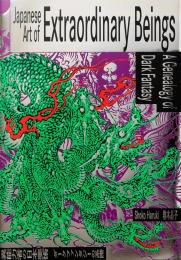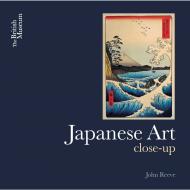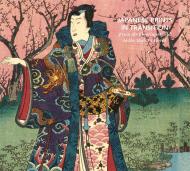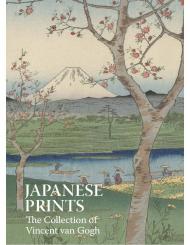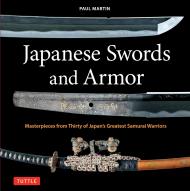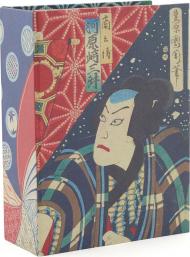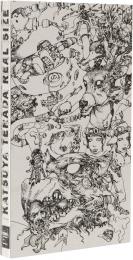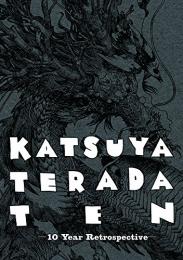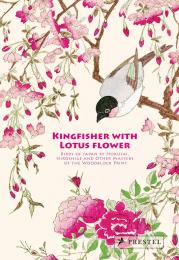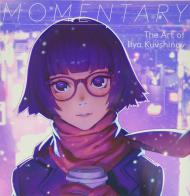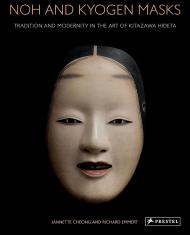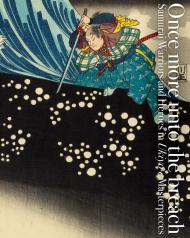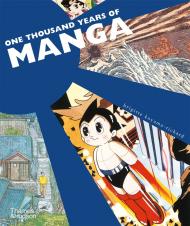Демони, чаклуни, ніндзя… пояснюючи походження темних героїв Японії з точки зору японського мистецтва.
У багатьох манґа та аніме в стилі «темного фентезі», які сьогодні надзвичайно популярні, персонажі використовують надзвичайні здібності, щоб вирізати свою долю.
У японському мистецтві також часто зображуються персонажі, яких можна розглядати як прототипи цих персонажів манґи та аніме з надзвичайними здібностями, таких як чаклуни чи самураї, які керують магічними звірами. Також тут і там є роботи, такі як велетні, які вбивають демонів і їдять людей, або люди, чиї руки тягнуться, що нагадують всесвітньо відомі твори мистецтва. Ця позачасова колекція зосереджена переважно на істотах з «надзвичайними здібностями», які з'являються в історіях про привидів та легендах періоду Едо, та пояснює сучасні тенденції аніме та манґи.
Розділ I: Походження фігур з надприродними здібностями
・Збір та веселощі надприродних фігур; Архати, безсмертні відлюдники, чаклуни, японські міфологічні божества
Розділ II: Вражаючі фізичні здібності
・Зміна форми та надзвичайна мобільність істот, перехід між людьми та нелюдьми
Розділ III: Загрозливі природні явища
・Катастрофічне знищення вогню, води, вітру, грому, світла
Розділ IV: Концерт звірів
・Жахливі, але надійні супутники; люті, міфічні, божественні та надприродні звірі
Розділ V: Безліч надприродних істот
・Втілення людських бажань польоту, клонування себе, прокляття, чари
Розділ VI: Фантастичні битви
・Переповнення життя та уяви; Вбивство демонів, вбивство драконів, дуелі чаклунів, грандіозні конфлікти
Про автора:
Сьоко Харукі народилася на Хоккайдо, Японія, у 1986 році. Після роботи в Музеї Хоккайдо, Харукі з 2017 року є куратором Музею Едо-Токіо, де спеціалізується на історії японського мистецтва.
